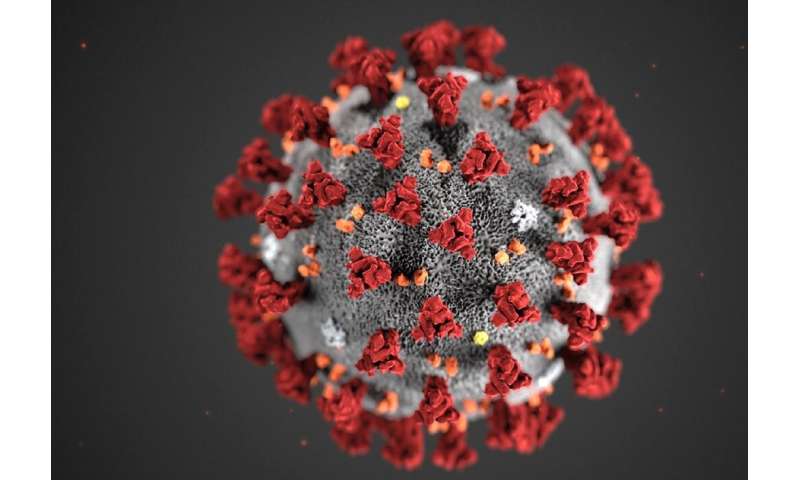
The United States is working with a pharmaceutical company to develop a treatment for the 2019 Novel Coronavirus, using a class of drug that has boosted survival rates among Ebola patients, officials said Tuesday.
The partnership between the Department of Health and Human Services (HHS) and Regeneron will develop monoclonal antibodies to fight the infection, a different line of treatment to the antiretrovirals and flu drugs that have also emerged as possible defenses against the disease.
More than 400 people have died as a result of the virus since it it first emerged in a Chinese market at the end of last year.
“Emerging infectious diseases can present serious threats to our nation’s health security,” said Rick Bright, an official at the HHS. “Working as public-private partners like we have with Regeneron since 2014, we can move rapidly to respond to new global health threats.”
Monoclonal antibodies are lab-produced copies of a single type of antibody and are a form of immunotherapy.
They lock on to certain proteins on a virus, neutralizing the pathogen’s ability to infect human cells.
Regeneron’s REGN-EB3, a cocktail of three monoclonal antibodies, was last year shown to significantly boost survival rates among Ebola patients in the Democratic Republic of Congo.
The company has also developed a treatment for Middle East Respiratory Syndrome coronavirus (MERS) along similar lines.
“The life-saving results seen with our investigational Ebola therapy last year underscore the potential impact of Regeneron’s rapid response platform for addressing emerging outbreaks,” said George Yancopoulos Regeneron’s president and chief scientific officer.
Ultimately, the treatment for the novel coronavirus could involve a mixture of different classes of drugs.
Chinese doctors have been giving anti-HIV drugs to coronavirus patients in Beijing, based on a 2004 study published after the outbreak of Severe Acute Respiratory Syndrome (SARS) that showed “favorable” responses.
Used together, lopinavir and ritonavir decrease the amount of HIV cells in a patient’s blood, stripping back the virus’s ability to reproduce and attack the immune system.
Doctors have also combined the treatment with another anti-flu drug called oseltamivir, hoping the creative cocktail can sap the new coronavirus of its strength.
Source: Read Full Article






